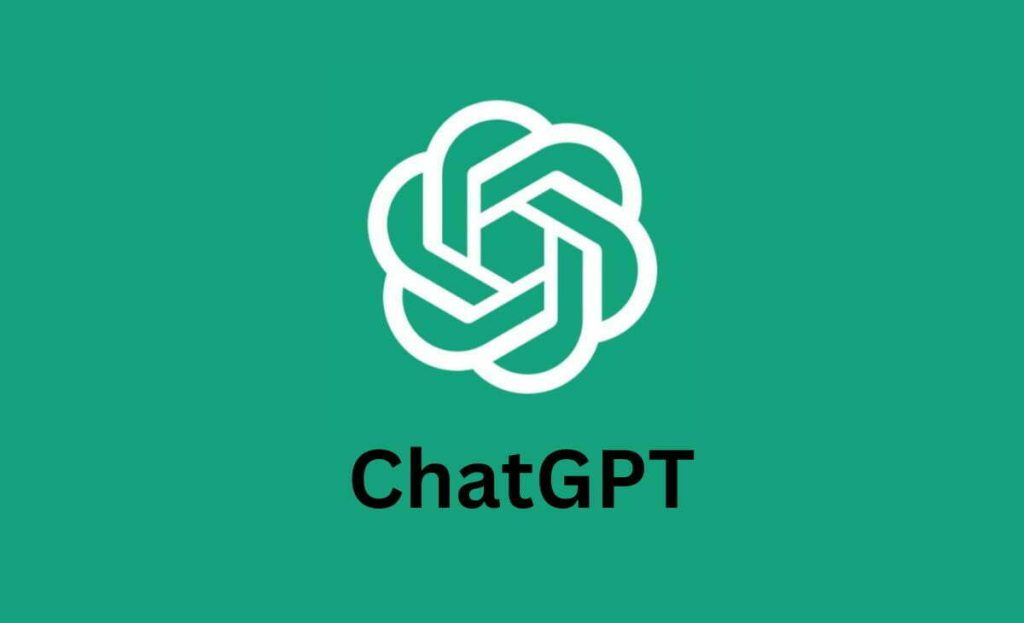Several European countries, led by Denmark, France, and Greece, are intensifying efforts to shield children from the potentially harmful effects of social media. With Denmark taking over the EU Council presidency from July, its Digital Minister, Caroline Stage Olsen, has made clear that her country will push for a ban on social media for children under 15.
Olsen criticises current platforms for failing to remove illegal content and relying on addictive features that encourage prolonged use. She also warned that platforms prioritise profit and data harvesting over the well-being of young users.
That initiative builds on growing concern across the EU about the mental and physical toll social media may take on children, including the spread of dangerous content, disinformation, cyberbullying, and unrealistic body image standards. France, for instance, has already passed legislation requiring parental consent for users under 15 and is pressing platforms to verify users’ ages more rigorously.
While the European Commission has issued draft guidelines to improve online safety for minors, such as making children’s accounts private by default, some countries are calling for tougher enforcement under the EU’s Digital Services Act. Despite these moves, there is currently no consensus across the EU for an outright ban.
Cultural differences and practical hurdles, like implementing consistent age verification, remain significant challenges. Still, proposals are underway to introduce a unified age of digital adulthood and a continent-wide age verification application, possibly even embedded into devices, to limit access by minors.
Olsen and her allies remain adamant, planning to dedicate the October summit of the EU digital ministers entirely to the issue of child online safety. They are also looking to future legislation, like the Digital Fairness Act, to enforce stricter consumer protection standards that explicitly account for minors. Meanwhile, age verification and parental controls are seen as crucial first steps toward limiting children’s exposure to addictive and damaging online environments.
Would you like to learn more about AI, tech and digital diplomacy? If so, ask our Diplo chatbot!










